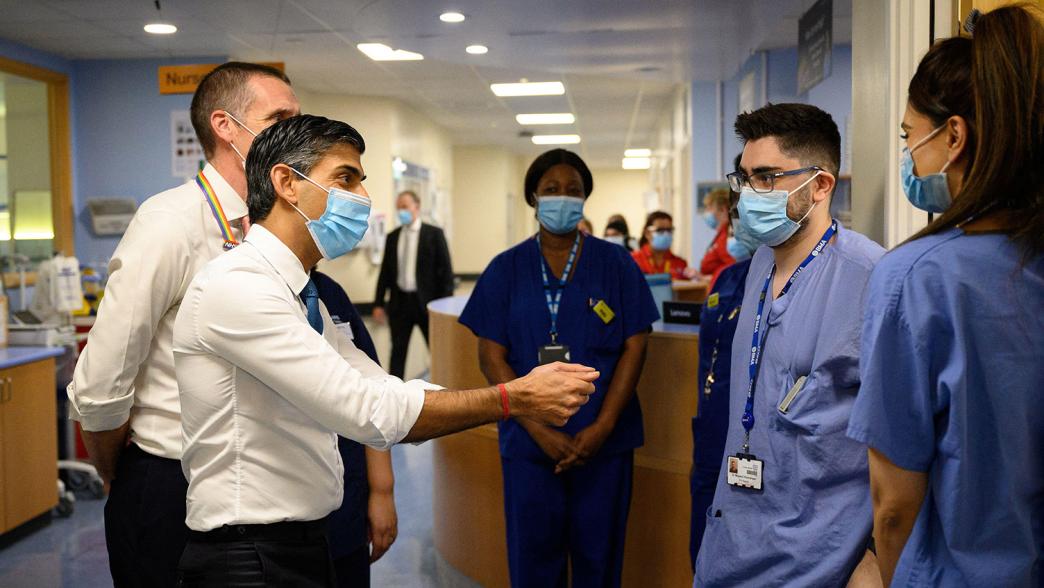The government’s strike strategy is damaging for public services
The government’s hard-line approach to strikes will exacerbate serious recruitment and retention problems.

Even if the government’s hard-line approach to strikes works in the short-term, Nick Davies says it will exacerbate the serious recruitment and retention problems that are a root cause of poor public service performance